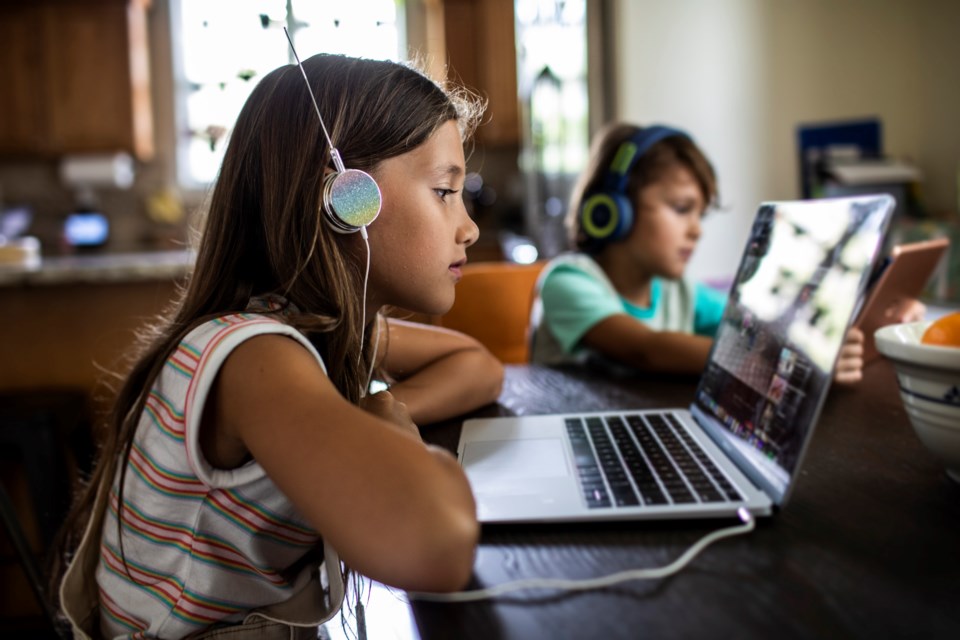WEYBURN - CEOS and owners of Meta, X, TikTok, Snapchat and Discord recently faced demands from the U.S. Congress to enhance and tighten their social media regulations, to help protect against online bullying and child sexual exploitation. Senators and parents expressed concerns that social platforms don’t do enough to protect youth from the dangers of the online world.
Mark Zuckerberg, CEO of Meta (Facebook and Instagram), made a public apology to parents of children who have died following sexual exploitation or harassment because of social media. The Snap Inc. CEO, Evan Spiegel, offered similar condolences to parents whose children were able to access illegal drugs on Snapchat.
In recent years, many social media platforms have increased their minimum age requirements, and added additional security features and parental controls. The alarming fact is that many youth are already addicted to their social media accounts, as it is the most common way to communicate with their peers. There are social media sites that can be questioned in Senate (or Parliament if Canada follows suit), however there are many social media apps that offer ways to hide in plain sight.
Unfortunately for many of our youth, there is no one teaching them the proper way to use social media, or how to be alert of an online predator or bully. It is even harder to report a person as it is quite easy to change one’s identity on social media, or use a fake account, or even a cloned account to pretend to be someone that the youth might trust.
It takes a village to protect a child from the dangers of the online world. There needs to be in-school education for our youth before they create their own social media accounts. Parents can easily monitor the apps and content that is downloaded onto a child’s mobile phone or iPad by setting up parental controls and alerts.
It is a lot easier to help our youth feel empowered to go offline if they are feeling bullied, or receiving messages that make them uncomfortable. It is important to make sure that guidelines are in place, and that our youth are not feeling pressured to take inappropriate photos of themselves.
It is hard enough to be a youth already, and not feel like they have to compare themselves to celebrities and their social media presence. It can also be difficult in school, when their peers and friends are uploading content to TikTok or SnapChat. The online world is very dangerous, since it is hard to verify who you can trust, or even if the information posted on social media sites are legitimate.
Parents need to remember that they still play an important role in teaching their children about proper online posting. It remains important to have open communication, to make sure that your child is aware of safe places online, and that they don’t feel embarrassed in telling the parent about any online content that made them uncomfortable.
Predators count on that secrecy and take advantage of a situation when a child has no one to confide in. They start by being their friend and their confidante in an unfamiliar world, and then betray that trust quite easily.
Never be too busy to take time to prepare our youth for the online world, especially since it plays such a pivotal role in their lives!




